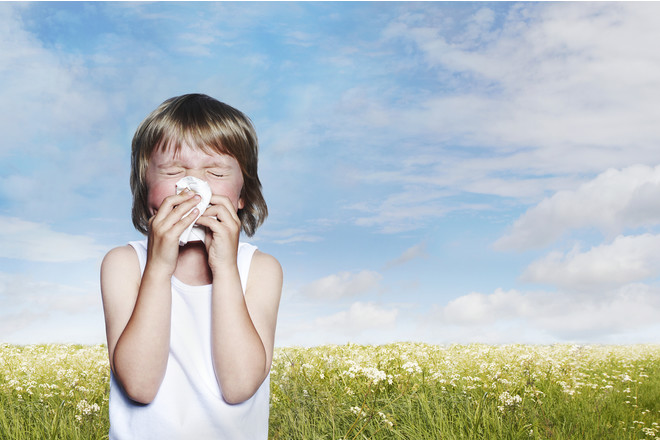Methods for vaccinating a child from poliomyelitis
The pathogenic agent of the disease is transmittedby air. For 2 weeks, the terrible infection is latent. Often, sick children die. Most of the survivors remain disabled for life. The question: is it necessary to vaccinate the baby is removed, it is enough for parents to learn more about the disease. The reaction to the polio vaccine is no more dangerous than the disease itself. Photo: Getty Medicine uses 2 methods of vaccination:
The reaction to the polio vaccine is no more dangerous than the disease itself. Photo: Getty Medicine uses 2 methods of vaccination:
- Oral polio vaccine, or OPV - drops;
- Inactivated polio vaccine, IPV - injections.
Each method has its own side effects. With OPV, one in 2.5 million children will become infected with polio.
What kind of reaction can children have to vaccination?
OPV is a more gentle method.However, drops are prescribed to absolutely healthy children with good immunity. Injections are more painful, but with IPV it is impossible to get sick with what the vaccination is done against. Side effects from IPV are rare and weakly expressed. These are:
- a local reaction to the injection,
- a slight increase in temperature,
- lethargy,
- decreased appetite.
Children with an allergic reaction to the antibiotics Kanamycin, Streptomycin and Neomycin have difficulty tolerating the vaccine. Complications with OPV vaccination are of a slightly different nature:
- allergic reaction,
- diarrhea,
- infection with polio.
The latter is only possible with serious immune conditions.disorders. OPV provides stronger immunity, which is important when the baby's family plans to travel abroad to countries where there is a high risk of contracting polio.
Contraindications
Before vaccination, it is necessary to check whether the baby has any contraindications. The OPV vaccine cannot be given:
- during the reception of antibiotics,
- with immunodeficiency,
- during the reception of drugs to enhance immunity,
- with neuralgic anomalies.
IPV is contraindicated in:
- bright allergic reactions,
- oncology,
- condylomata.
Before and after vaccination, the child shouldbe under the supervision of a doctor. It is not recommended to violate the vaccination schedule. Complications after OPV or IPV go away on their own or with the help of treatment. The disease itself is not treated. At the moment, the most effective way to combat a dangerous disease is vaccination. Refusing it because of fear of complications - expose the baby to even greater danger.









